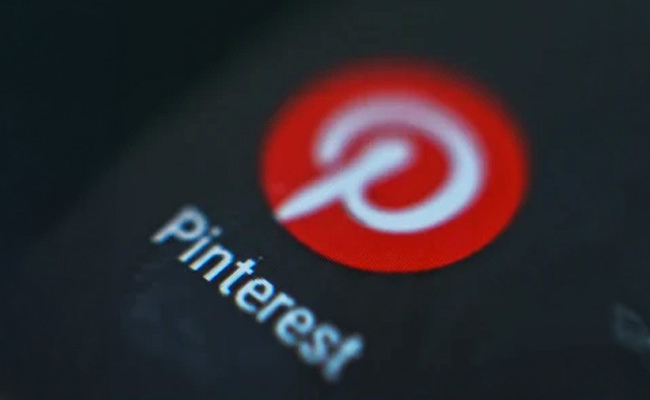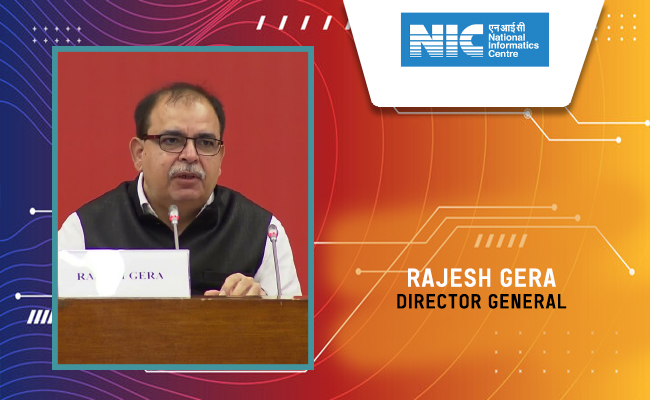Customers could lose all their money: Warning from SBI
By MYBRANDBOOK

SBI warns customers of Juice Jacking
Internet comes with its benefits, advantages and at the same time it brings so many risks of being digitally-connected can prove to be costly. Advisory is not to open every time Wi-Fi to your mobile devices and A simple Google search has the power of giving any information you need at your fingertips and scammers are using search mechanism to steal from unsuspecting internet users.
India's largest bank, the State Bank of India, has issued a warning to all of its customers about the potential risk of charging your phones at public charging stations. Secondly, State Bank of India has issued a warning to all of its mobile banking customers, but other bank customers should also be cautious.
As per the bank's notice, hackers could steal all your money by infecting phones kept on charge at free mobile charging stations. With the increasing use of mobile banking and smartphone use, hackers are finding new ways to steal from unsuspecting users. While free mobile charging stations are a common sight in public places like airports, shopping malls, restaurants, etc, hackers are using a new technique to infect smartphones via these charging stations with malware.
Once infected, hackers can get hold of highly confidential information such as your banking usernames and password. With this, they can easily access to your banking account detail. This particular trick is called Juice Jacking.
When the smartphone or laptop shows the low battery sign, it is our first instinct to find a charging point. With the easily available free charging stations in public places, which are installed by brands for promotion, we head straight to one without thinking twice. But it looks like running out of juice could be better than charging at one of these free stations.
Hackers modify the ports at these charging stations with sophisticated USB port-like gadgets, which don't seem out of the ordinary for most. As soon as the user plugs in the phone to one of these malicious ports, the device will bypass the phone's security to steal contents of the phone, including banking credentials, emails, messages, photos and private videos, by injecting a malware.
Think twice before you plug in your phone at charging stations. Malware could find a way in and infect your phone, giving hackers a way to steal your passwords and export your data.#SBI #Malware #CyberAttack #CustomerAwareness #Cybercrime #SafeBanking #JuiceJacking
Juice jacking is a type of cyberattack involving a charging port that doubles as a data connection, typically over USB. This often involves either installing malware or surreptitiously copying sensitive data from a smart phone, tablet, or other computer device.
Juice Jacking isn't new as the trick is popular among hackers and widely in use. Since 2012, it has suggested never to use a public kiosk for charging their gadgets and a weeks ago. SBI is the latest one to issue a warning in this regard, but it is not limited to SBI customers as anyone who does mobile banking is at high risk from this type of attack.
How to protect yourself from Juice Jacking?
According to SBI, there are four main tips that can help you identify Juice Jacking to keep you from falling victim to hacker's trick.
* Users should always check for an electrical socket behind the charging station
* Users must always charge directly from an electrical outlet
* Users must carry their own charging cables
* Users must buy portable batteries from known vendors


Nazara and ONDC set to transform in-game monetization with ‘
Nazara Technologies has teamed up with the Open Network for Digital Comme...

Jio Platforms and NICSI to offer cloud services to government
In a collaborative initiative, the National Informatics Centre Services In...

BSNL awards ₹5,000 Cr Project to RVNL-Led Consortium
A syndicate led by Rail Vikas Nigam Limited (abbreviated as RVNL), along wi...

Pinterest tracks users without consent, alleges complaint
A recent complaint alleges that Pinterest, the popular image-sharing platf...


Icons Of India : Daisy Chittilapilly
Daisy Chittilapilly is the President of Cisco’s India and SAARC regi...

Icons Of India : Deepak Sharma
Deepak Sharma spearheads Schneider Electric India. He brings with him ...

Icons Of India : Anil Agarwal
Anil Agarwal, the Founder and Chairman of Vedanta Resources Ltd., is r...


IFFCO - Indian Farmers Fertiliser Cooperative
IFFCO operates as a cooperative society owned and controlled by its fa...

NIC - National Informatics Centre
NIC serves as the primary IT solutions provider for the government of ...

GeM - Government e Marketplace
GeM is to facilitate the procurement of goods and services by various ...


Indian Tech Talent Excelling The Tech World - Aneel Bhusri, CEO, Workday
Aneel Bhusri, Co-Founder and Executive Chair at Workday, has been a le...

Indian Tech Talent Excelling The Tech World - NEAL MOHAN, CEO - Youtube
Neal Mohan, the CEO of YouTube, has a bold vision for the platform’s...

Indian Tech Talent Excelling The Tech World - Thomas Kurian, CEO- Google Cloud
Thomas Kurian, the CEO of Google Cloud, has been instrumental in expan...